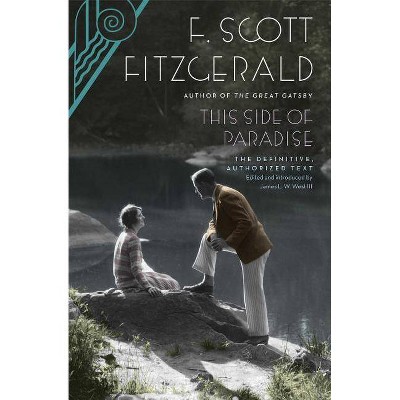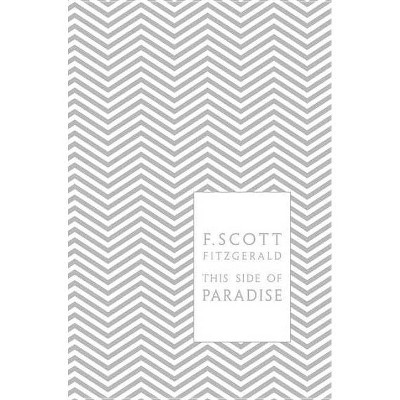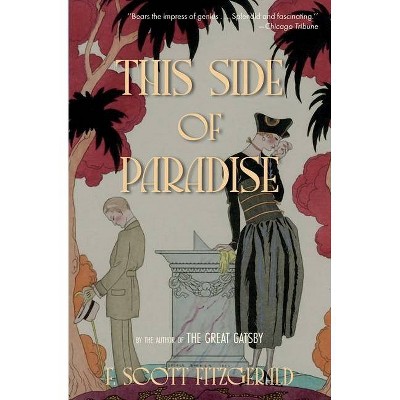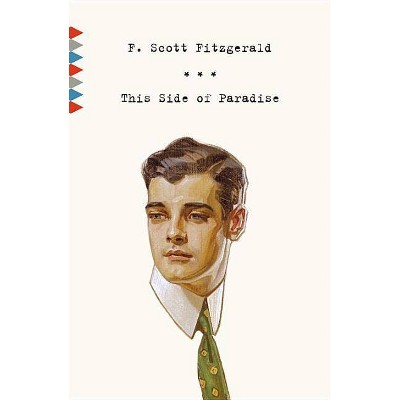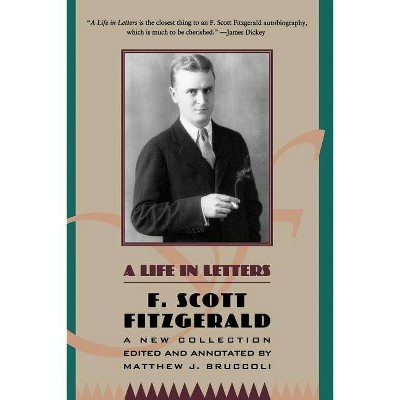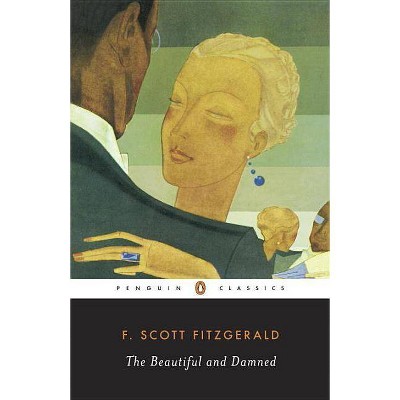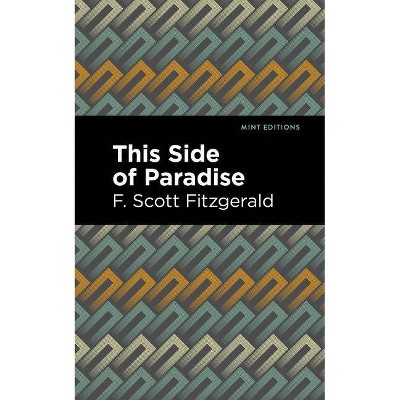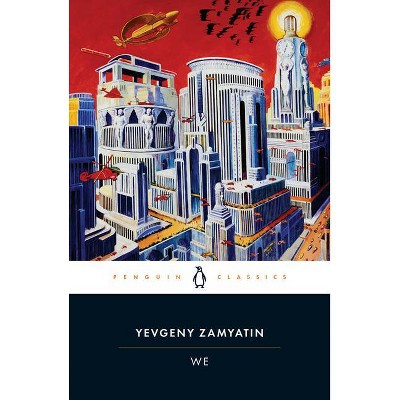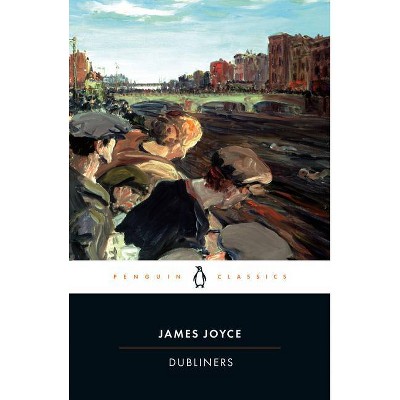This Side of Paradise - (Penguin Twentieth-Century Classics) Annotated by F Scott Fitzgerald (Paperback)
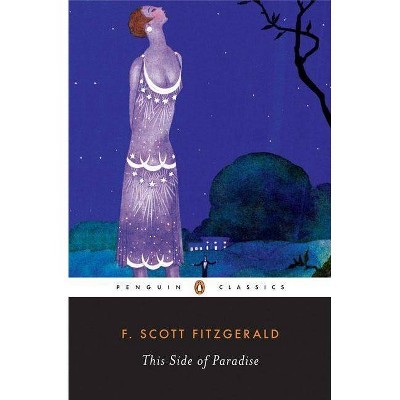
Similar Products
Products of same category from the store
AllProduct info
<p/><br></br><p><b> About the Book </b></p></br></br>The story of Amory Blaine's adolescence and undergraduate days at Princeton, This Side of Paradise captures the essence of an American generation struggling to define itself in the aftermath of World War I and the destruction of "the old order".<p/><br></br><p><b> Book Synopsis </b></p></br></br>First published in 1920, This Side of Paradise marks the beginning of the career of one of the greatest writers of the first half of the twentieth century. In this remarkable achievement, F. Scott Fitzgerald displays his unparalleled wit and keen social insight in his portrayal of college life through the struggles and doubts of Amory Blaine, a self-proclaimed genius with a love of knowledge and a penchant for the romantic. As Amory journeys into adulthood and leaves the aristocratic egotism of his youth behind, he becomes painfully aware of his lost innocence and the new sense of responsibility and regret that has taken its place. <br>Clever and wonderfully written, This Side of Paradise is a fascinating novel about the changes of the Jazz Age and their effects on the individual. It is a complex portrait of a versatile mind in a restless generation that reveals rich ideas crucial to an understanding of the 1920s and timeless truths about the human need for--and fear of--change. <br>"A very enlivening book indeed, a book really brilliant and glamorous, making as agreeable reading as could be asked . . . There are clever things, keen and searching things, amusingly young and mistaken things, beautiful things and pretty things . . . and truly inspired and elevated things, an astonishing abundance of each, in THIS SIDE OF PARADISE. You could call it the youthful Byronism that is normal in a man of the author's type, working out through a well-furnished intellect of unusual critical force."<br>--The Evening Post, 1920<br>"An astonishing and refreshing book . . . Mr. Fitzgerald has recorded with a good deal of felicity and a disarming frankness the adventures and developments of a curious and fortunate American youth. . . . [It is] delightful and encouraging to find a novel which gives us in the accurate terms of intellectual honesty a reflection of American undergraduate life. At last the revelation has come. We have the constant young American occupation--the 'petting party'--frankly and humorously in our literature."<br>--The New Republic, 1920<p/><br></br><p><b> Review Quotes </b></p></br></br><br>"As nearly perfect as such a work could be . . . The glorious spirit of abounding youth glows throughout this fascinating tale. Amory, the romantic egotist, is essentially American." -<i>The New York Times</i> <p/>"[A] bravura display of literary promise . . . Fitzgerald's prose is capable of soaring like a violin, and of moving his readers with understated husky notes as well as with notes of piercing purity . . . Fitzgerald knew that glamour was bound to fail, that there is an ineradicable human instinct for it which is utterly mistaken." -from the Introduction by Craig Raine<br><p/><br></br><p><b> About the Author </b></p></br></br><b>F. Scott Fitzgerald</b> was born in 1896 in St Paul, Minnesota, and went to Princeton University which he left in 1917 to join the army. Fitzgerald was said to have epitomised the Jazz Age, an age inhabited by a generation he defined as 'grown up to find all Gods dead, all wars fought, all faiths in man shaken'. In 1920 he married Zelda Sayre. Their destructive relationship and her subsequent mental breakdowns became a major influence on his writing. Among his publications were five novels, <b>This Side of Paradise</b>, <b>The Great Gatsby</b>, <b>The Beautiful and the Damned</b>, <b>Tender is the Night</b> and <b>The Love of the Last Tycoon</b> (his last and unfinished work): six volumes of short stories and <b>The Crack-Up</b>, a selection of autobiographical pieces. Fitzgerald died suddenly in 1940. After his death <b>The New York Times</b> said of him that 'He was better than he knew, for in fact and in the literary sense he invented a "generation" ... he might have interpreted them and even guided them, as in their middle years they saw a different and nobler freedom threatened with destruction.'
Price History
Price Archive shows prices from various stores, lets you see history and find the cheapest. There is no actual sale on the website. For all support, inquiry and suggestion messagescommunication@pricearchive.us
